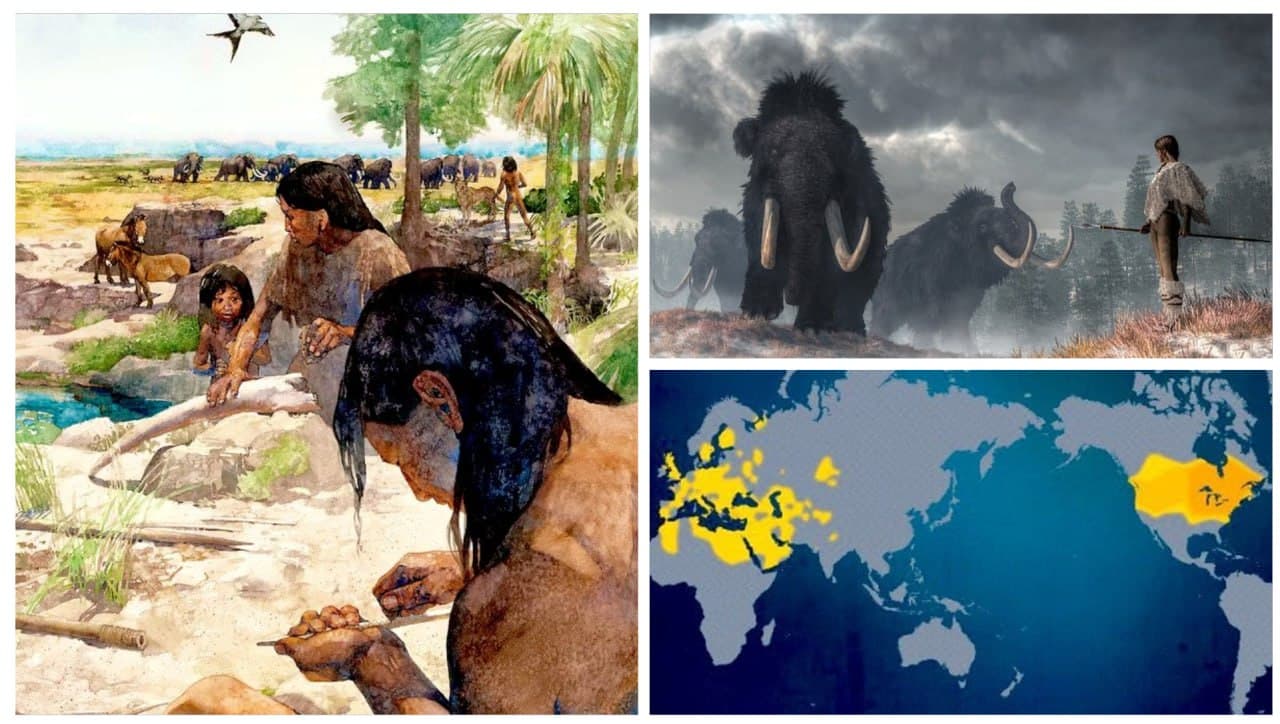Scientists have discovered rare DNA, haplogroup X, in both Europe and North America, prompting a significant reevaluation of how ancient populations first settled in America over 12,000 years ago. This genetic marker, particularly the X2a variant, is present among indigenous groups such as the Ojibwe and Navajo, suggesting that early settlers may have arrived via routes other than the traditionally accepted Siberian pathway.
While Native American DNA typically includes haplogroups A, B, C, and D, which indicate Asian origins, the presence of haplogroup X introduces complexity to the narrative of migration. The X2a variant found in North America is believed to have traveled through the Bering land bridge or potentially by sea routes during the Ice Age, challenging the long-held views of a singular migration path.
Another branch of haplogroup X, known as X1, is found in North Africa and the Middle East, albeit rarely. This scarcity provides scientists with critical insights into ancient migrations and connections between distant regions. Previously, some researchers proposed that the existence of haplogroup X could support theories of transatlantic crossings from Europe, but this hypothesis remains unconfirmed.
Current studies suggest that haplogroup X reflects a more intricate web of migration patterns than previously understood. As research continues, the implications of these findings could reshape the historical understanding of how the Americas were populated. For related coverage on global issues, see our previous reports on international tensions.







![[Video] Gunfire between Iraqi security forces and Sadr militias in Baghdad](/_next/image?url=%2Fapi%2Fimage%2Fthumbnails%2Fthumbnail-1768343508874-4redb-thumbnail.jpg&w=3840&q=75)
